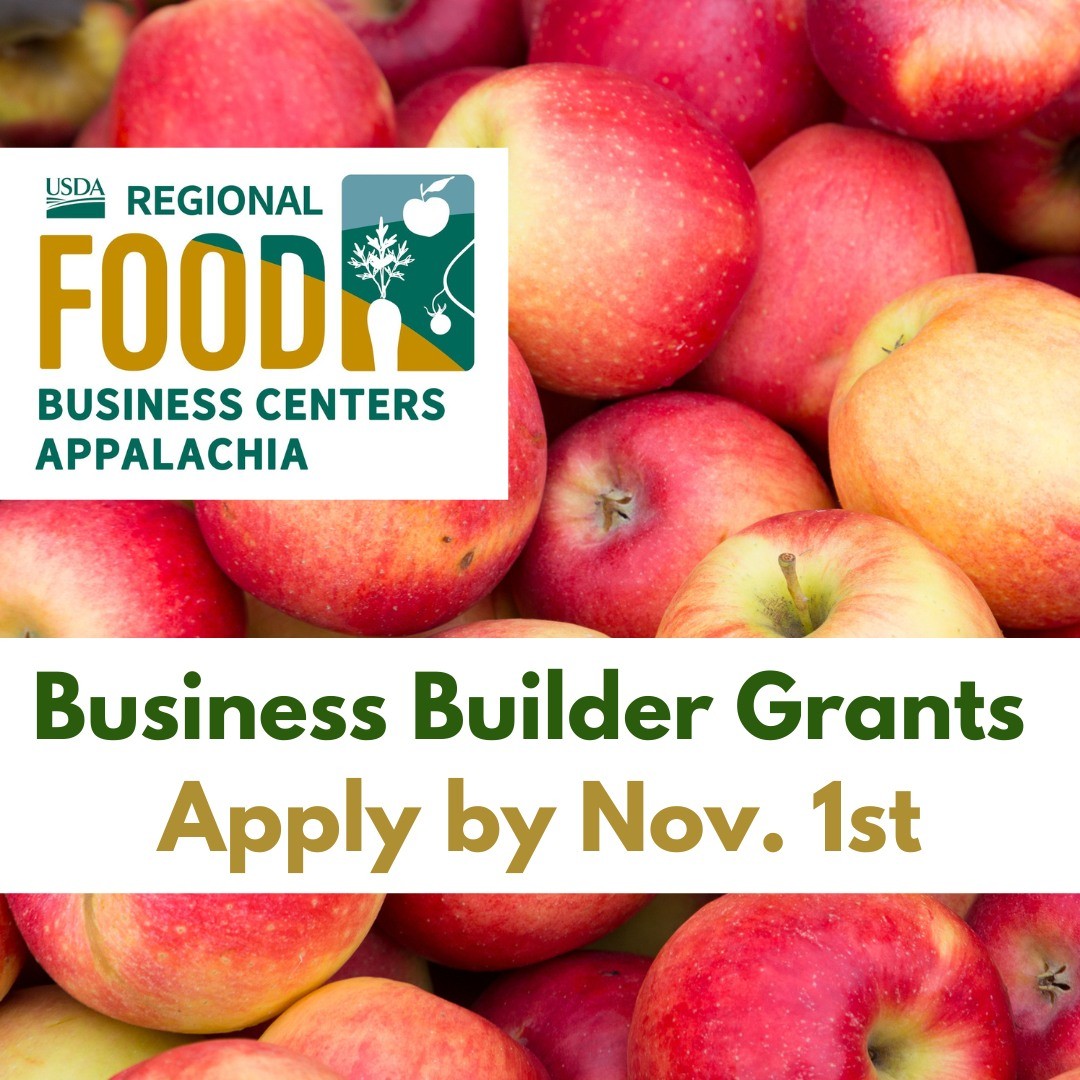This project is being led by Faith Gilbert, who is a big part of the greenhorns, a close partner with Agrarian Trust. It is a year-long project that started in March of this year.
Cooperative farming, in which multiple farmers co-manage a single property, could be a powerful tool for keeping farmland in the hands of farmers and easing the challenges to new farm businesses.
Our organizations have encountered a high number of farmers looking to combine their enterprises, pool capital, purchase land, share tools, and otherwise collaborate to manage land and a business entity. However, forming a multi-owner business is a complex process that can require working outside traditional lending models, adapting or hybridizing one or more legal structures, and setting up clear operating documents to ensure effective collaboration. Our research project is funded by a Sustainable Agriculture Research and Education (SARE) grant. We seek to provide the information resources needed to empower farmers to collaborate in managing land and forming businesses.
COOPERATIVE POTENTIAL:
Group ownership has the ability to simultaneously address a number of issues within the farm community, particularly for resource-limited beginning farmers:
Group ownership or tenancy offers a feasible way of securing farmland. We believe this model will be a powerful tool for transitioning large farm properties to a team of farmers, where no single farmer is able to reasonably afford or manage it him/herself, and where a single use, such as a conventional dairy, may no longer be viable. These group strategies may be the single best method to keep significantly large farm properties in active agriculture.
Multi-owner farms can set up a durable system for transitioning ownership to new members if or when previous members move on. Operating under an overarching entity, an individual farmer has more flexibility to retire or relocate without requiring that the land be sold or the business be disbanded. These businesses can serve as longstanding vehicles to transition land between small-scale producers.
Group ownership allows farmers to combine capital inputs and increase their borrowing power. A team may have more assets to use as collateral, and combined years of experience can lend greater credibility to the group.
Farmers can choose to diversify enterprises among themselves for a strong marketing and land management tool. Integrating systems such as livestock and vegetable production allows producers to reduce inputs, improve fertility, make best use of natural resources, and draw in consumers by providing a variety of products.
Farmers can pool profits in long-term land improvements and labor-saving equipment. Equipment sharing becomes a realistic possibility, including access to specialized machinery that can enhance production and add labor efficiencies.
Farmers can collaborate for a higher quality of life. They can arrange for time off, share child care, seek affordable group health insurance, and create mutual support networks among their group.
OUR PROJECT:
The outcome of our year long research project is a comprehensive guidebook on forming cooperative farm businesses, focusing on the legal, financial, and social considerations for multi-owner businesses. Our research is based on written resources, input from a team of advisers and consultants, and interviews with dozens of farmers working cooperatively around the country.
Project Partners: Land for Good, Cooperative Development Institute, Greenhorns



